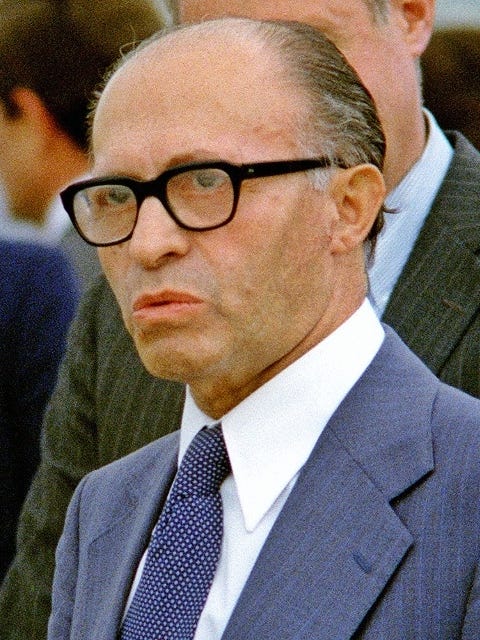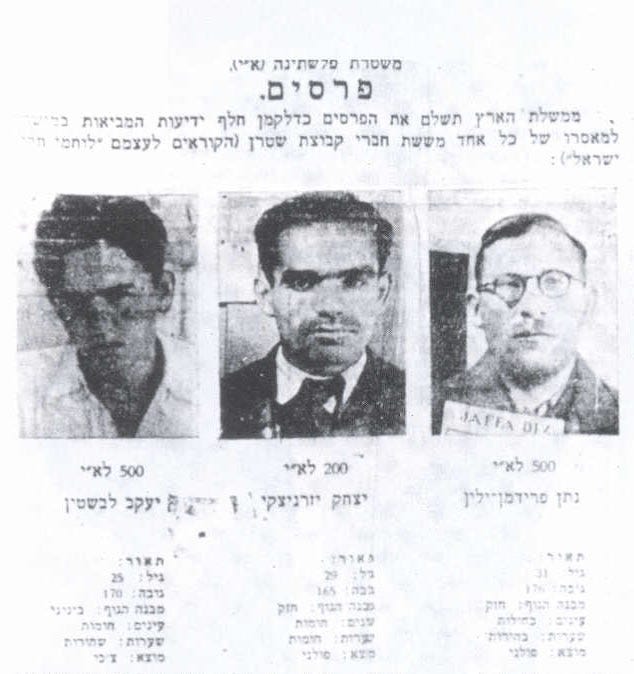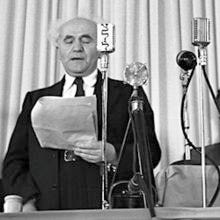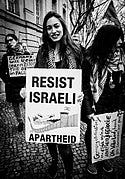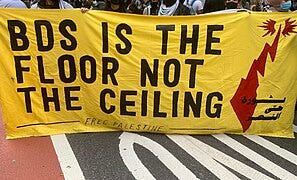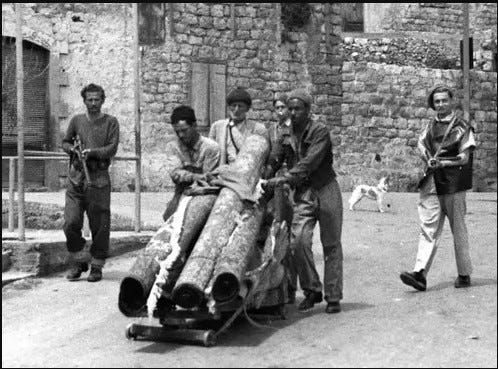From Terrorists to State Leaders
The Double Standards in the Israel Palestine conflict
When Palestinians are dismissed as “terrorists,” it’s not just insulting—it’s deeply hypocritical. The people hurling those accusations ignore the fact that Israel’s very existence was shaped by groups whose actions fit the definition of terrorism. The leaders of Israel’s founding militias—Irgun, Lehi, and Haganah—used violence against civilians, political assassinations, and fear as tools to achieve their goals.
Yet, these individuals are hailed as heroes and state-builders, their past conveniently erased or reframed. If we’re going to talk about terrorism, let’s start with the facts.
Irgun: Bombers and Politicians
The Irgun, led by Menachem Begin, was responsible for some of the bloodiest acts in pre-1948 Palestine. The King David Hotel bombing in 1946, which killed 91 people, wasn’t an accident or a desperate act—it was a calculated attack on civilians. Irgun’s aim was to force the British out and secure a Jewish state.
What’s often overlooked is that Irgun wasn’t merely reacting to British policies or Arab resistance. It had a clear ideological framework rooted in the revisionist Zionism of Ze’ev Jabotinsky, which sought to establish a Jewish state across all of historic Palestine and beyond. Irgun’s operations were designed not only to achieve immediate military objectives but also to terrorise and demoralise opponents, both Arab and British.
Fast forward a few decades, and Menachem Begin wasn’t behind bars or on trial for war crimes. He was Prime Minister of Israel, shaking hands with world leaders and receiving a Nobel Peace Prize.
Lehi: Extremists with a Vision
The Stern Gang, or Lehi, was even more radical. They saw terrorism as a legitimate path to nationhood. They assassinated British officials, bombed civilian areas, and massacred Palestinian villagers. Deir Yassin stands out as one of their most horrifying acts. Over 100 Palestinian men, women, and children were brutally murdered in 1948 to spread fear and drive Arabs from their homes.
Lehi didn’t just target Palestinians or the British. Its leaders even reached out to fascist Italy and Nazi Germany, hoping to secure alliances to advance their goals. This willingness to collaborate with some of history’s most oppressive regimes underscores the extremity of their ideology. They viewed their actions as part of a divine mission to reclaim the land, regardless of the cost to others. The group referred to its members as terrorists and admitted to having carried out terrorist attacks.]
According to Yaacov Shavit, professor at the Department of Jewish History of Tel Aviv University, articles in Lehi publications contained references to a Jewish "master race", contrasting the Jews with Arabs who were seen as a "nation of slaves".
One of Lehi’s leaders, Yitzhak Shamir, would later become Prime Minister, he was for a periode also member of Irgun.
Haganah: The "Moderates"
Haganah, the largest of the militias, wasn’t innocent either. While it’s often portrayed as more “respectable,” it played a central role in expelling Palestinians from their homes during the Nakba. Entire villages were wiped off the map as Haganah forces cleared the way for Israel’s creation.
Though it distanced itself from Irgun and Lehi’s more overt acts of terror, Haganah coordinated with them when it suited its purposes, as seen in the assault on Deir Yassin. Moreover, its Plan Dalet, a blueprint for military operations during the war, explicitly called for the depopulation of Palestinian areas. Haganah’s calculated tactics blurred the line between military necessity and ethnic cleansing, making it a cornerstone of Israel’s territorial expansion.
Several of their leaders ended up in the highest offices in the country. Often called the “founding father” of Israel, Ben-Gurion was the leader of the Haganah and became Israel’s first Prime Minister. Another Haganah member, Levi Eshkol, also served as Prime Minister, playing a key role in the early development of the IDF and Israel's infrastructure. A senior Haganah commander, Yigal Allon, also served briefly as Acting Prime Minister.
A Military Culture of Impunity
After the establishment of Israel in 1948, these three militias—Irgun, Lehi (Stern Gang), and Haganah—merged to form the Israel Defense Forces (IDF). One of these groups, Lehi, even proudly referred to itself as a terrorist organization, openly embracing violence as a tool for state-building while describing Arabs as a slave race and themselves as a master race. With such origins, it is hardly surprising that the IDF, which absorbed their members, tactics, and ideology, and whuch claims to be "the most moral army in the world", repeatedly engages in actions that contradict that notion.
The legacy of these militias—rooted in terror, ethnic cleansing, and political assassination—lives on in an institution that continues to enforce occupation, conduct indiscriminate bombings, and maintain a system of apartheid. This troubling history extends beyond the battlefield and into Israeli prisons, where the abuse of Palestinian detainees has been extensively documented. B’Tselem’s report "Welcome to Hell" exposes the brutal conditions inside Israeli prisons, where torture, humiliation, and systematic dehumanisation are routine. This isn’t just a failing of individuals—it’s a symptom of an institution shaped by groups that proudly embraced terror.
History shows that extreme power in any place, when left unchecked, has a way of corrupting individuals, as seen in the horrors of Abu Ghraib, where US soldiers engaged in appalling abuses against Iraqi prisoners. The IDF, given its origins, may be especially vulnerable to such moral decay.
The looting units that ransacked Palestinian homes in 1948, stealing not just land but personal possessions, set a precedent that persists to this day. The modern-day IDF has an official Loot Unit, tasked with systematically seizing cash, gold, and valuables from homes in Gaza, Lebanon, and Syria. This is not just opportunistic theft by individual soldiers—it is an organized operation, complete with military infrastructure such as counting machines, secure transports, and official oversight by the Ministry of Defense. Soldiers openly boast about looting as part of their missions, treating stolen money and property as spoils of war. The fact that such practices are not only tolerated but institutionalized speaks to a military culture built on impunity, where violence, dispossession, and exploitation are not aberrations but fundamental features. When an army is built on a foundation of terror and unchecked power, it is no surprise that these patterns persist.
The Hypocrisy
Why does this matter? Because when Palestinians resist, whether through peaceful protests, boycotts, or armed struggle, they’re instantly labelled as terrorists. But the truth is, the founding fathers of Israel used the violent tactics—and often far worse—to achieve their aims.
The difference? Power. History is written by the victors, and those in power get to redefine their actions as heroic, even when those actions leave a trail of blood and destruction.
If we want to have an honest conversation about terrorism, we have to stop the double standards. The violence Palestinians face today didn’t emerge from nowhere—it’s rooted in decades of dispossession, occupation, and oppression. And quite frankly, looking at the genocide in Gaza today, one has to say: this was the past, but it is also the future. The same logic that justified the King David Hotel bombing and the massacre at Deir Yassin is now being used to excuse bombing hospitals, destroying entire neighbourhoods, and starving millions of people.
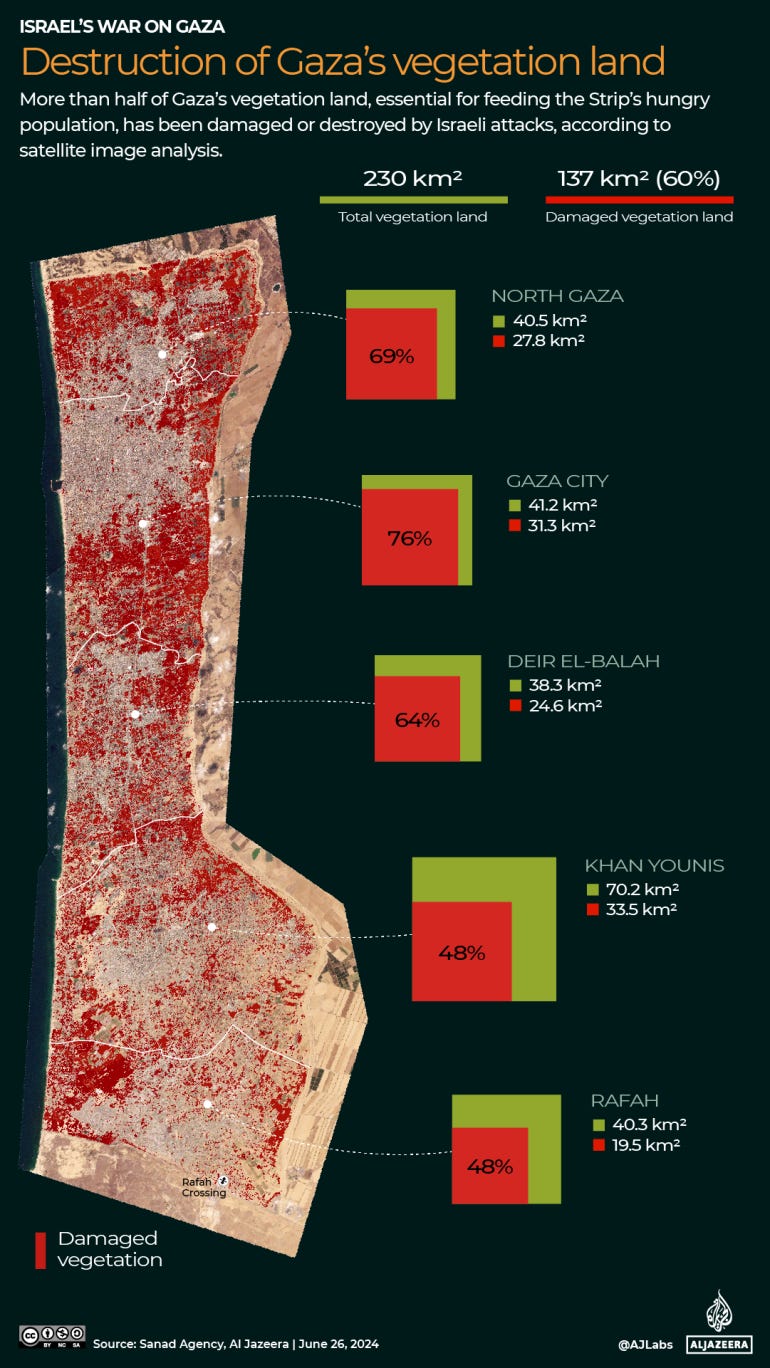
The movement to create a state has become a relentless campaign to erase a people. This is not just history repeating itself—it is history weaponised for the future.
Moving Forward
Our role should not just be to resist the occupation but to challenge the lies and hypocrisy that sustain it. We’re not here to excuse violence or glorify suffering; we’re here to demand justice.
If Menachem Begin and Yitzhak Shamir can go from terrorists to prime ministers, then Palestinians fighting for their homes and dignity should not be dismissed as criminals. They are resisting a system of apartheid and colonisation that continues to oppress them to this day.
History is clear. It’s time the world stopped ignoring it.
The Power of Boycott
Resisting the occupation isn't only about words; it’s about action. Supporting boycotts, divestments, and sanctions (BDS) against Israeli institutions complicit in the oppression of Palestinians is one way to demand accountability. Refusing to normalise a regime that builds walls of division, expands illegal settlements, and bombs refugee camps is a stand against apartheid.
Boycott goes beyond economics—it extends to culture, academics, and sports. Normalising Israeli apartheid by engaging with it in these arenas perpetuates the same system that dehumanises Palestinians daily. Supporting a boycott sends a clear message: the world will not stand by as apartheid is normalised, and we refuse to engage with an oppressive regime until justice and equality are realised.
A Call for Accountability
The call for justice is not a rejection of peace; it’s a plea for genuine accountability. Those who resisted South African apartheid understood this. Why should it be any different for Palestine? Together, we must dismantle the narratives that justify oppression and take concrete steps to demand freedom for all people, including Palestinians.
All articles on Diaspora Dialogue are free to read for one year from publication. If you’ve enjoyed this piece and would like to support my work, you can do so by subscribing, or by buying me a coffee. Thank you for reading and being part of the dialogue!


